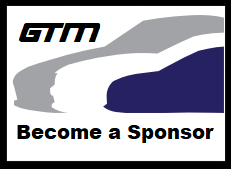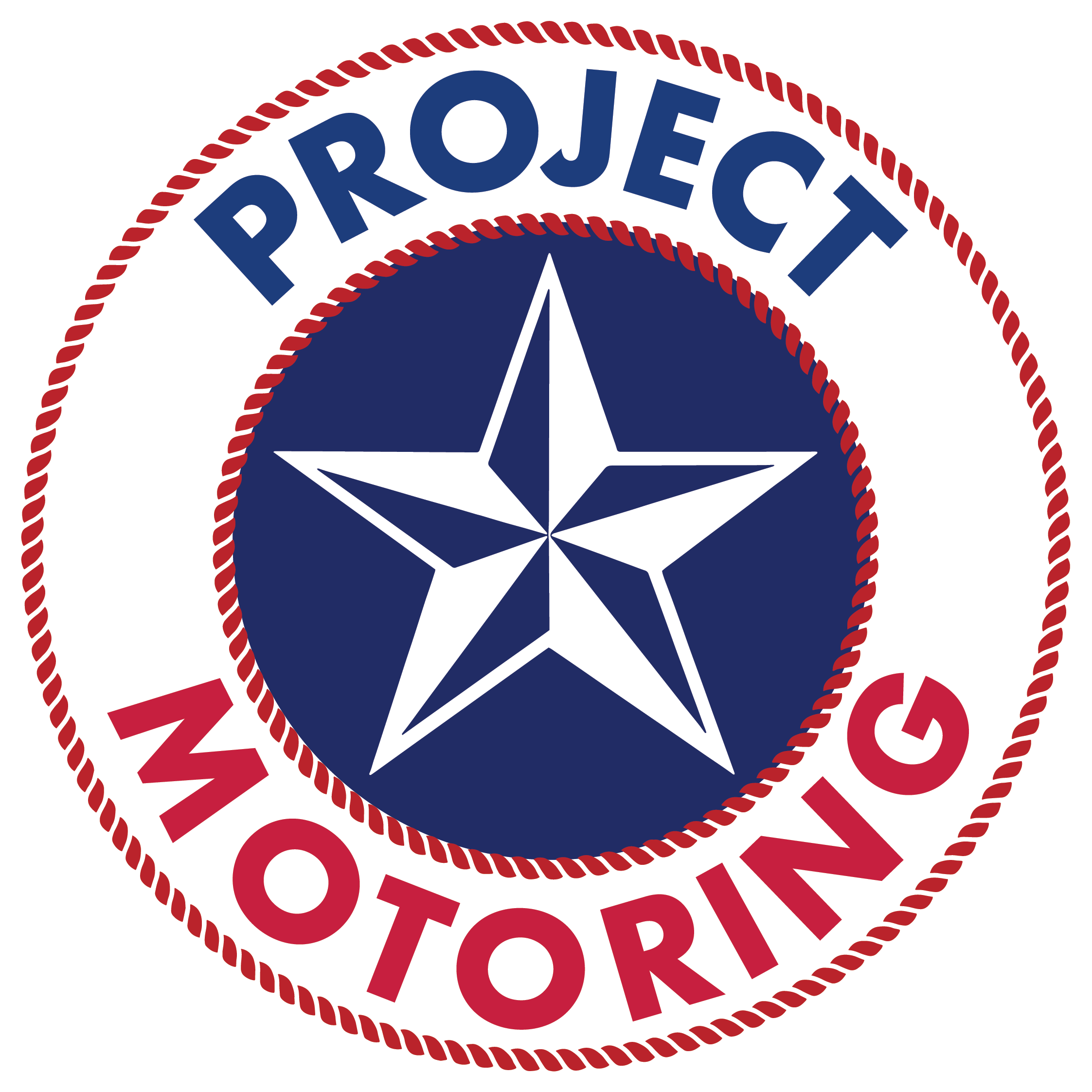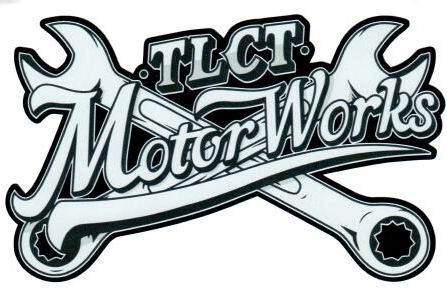There comes a point in an enthusiast’s life where they have gained the skill and experience to do more than just drive at track days. Some people opt to go the competitive route and try their hand at club racing or time trials, others are just happy being weekend warriors and getting out for a few laps on a nice weekend, and then there are those that decide to instruct. They think back to when they first started and how some brave soul sat in their passenger seat and told them things like “look ahead. Brake, turn-in, apex, throttle, track-out. Watch the flaggers.” etc. If that person wasn’t willing to sit in the right seat, then a whole generation of drivers wouldn’t exist, nor would the generation of drivers before them, or before them, and so on… and because of their fond memories of being taught what to do and how they advanced with the help of these instructors, they decide to instruct as well.
Instructing is a way to give back to the track day community. It’s a way to help the sport grow and flourish and bring in new blood. It’s also a way to help keep the sport safe, by passing on the important knowledge we all learned through our experiences. There’s a reason there are so many rules and principles revolving around this sport, it’s all in the name of safety. But instructing has its perks too: free or heavily discounted track time, maybe a free lunch or some schwag. However, these are not the reasons to instruct, and if they are, maybe you shouldn’t.
That brings us to our question: to instruct, or not to instruct?
Instructing is not an easy job but it can be rewarding for you as an instructor and for the sport itself, but you have to be in the right state of mind. Instructors are teachers.
Minds full of knowledge tasked with sharing information with their students as well as being an ambassador for the sport and the club they are representing. Some days, even though an instructor doesn’t have to pay for an event (with some clubs), you may find, as an instructor, that you don’t really have any time at all to even go out on track and take advantage of that free track time. That’s because you are focused on your student, you are helping them grow and become a better driver and all that focus costs time and energy. So much time and energy in fact, that you are often times too tired to even drive yourself. Some instructors show up to events and drive maybe a session or two out of the whole event because of how busy they get with their student and the whole process. As an ambassador of the club and the sport, you are constantly selling to your student either through great instruction or through marketing to try and get them to come back. The student’s success and the club’s success are directly related to your abilities as an instructor and a salesperson.
I mention all this to remind you that instructing isn’t for everyone. And if it isn’t for you, then that’s okay. But be honest with yourself. If you are only interested for the free track time then you might be disappointed and probably shouldn’t instruct. You have to want to teach, to help another driver grow, to help the sport grow. You have to want to get in the right seat of a car you don’t know – with a person you don’t know – and you have to want to help them succeed.
You have to know how to drive. There is a reason instructors are the more experienced drivers at the events. Because they have seen things, have been involved in incidents, and have gained that life experience on track. However, instructing isn’t just about your driving capabilities, you have to know people as well. You have to be able to read your student and recognize their personality. “Is this student a visual learner, an oral learner, should I drive them around to show them the line or have them do it themselves at a slow pace? Is the student understanding my terminology, do I need to change my approach to instructing this student? Can I control this student?” These are some questions you need to ask yourself as an instructor. Like I said earlier, it’s not easy.
For those of you that have decided to become instructors, many clubs offer programs to help introduce you to instructing. The Motorsport Safety Foundation (MSF) has an online exam to prep you for these other schools, and that online test is as much a psychology exam as it is a written driving exam. But if you want to instruct, there are many resources available to you to help you become an instructor. One such program, the SCCA Instructor Bootcamp (www.wdcr-scca.org), just occurred a couple weeks ago in April.
At that event, SCCA veteran instructors took on the role of mentor for the instructor candidates, and the attendees were split into pairs, one veteran and one candidate. The day was broken into a series of classroom instruction and in car roleplaying (veterans played the students and candidates played the instructors). Throughout the day the candidates learned the instructor vocabulary as well as skills to help them recognize the type of students they had (timid, aggressive, etc). The day was long and packed with activities designed to frustrate the candidates to their breaking point and watch them either fail or succeed.
A number of GTM members participated in the bootcamp, some as veterans, some as candidates. Two candidates had the following to say about their experiences at the bootcamp:
Bruce S. – “During the first session feedback, my instructor could tell that I’ve coached before. I think this speaks volumes to the training program of getting experience with HoD before attending the SCCA training. We already had the muscle memory in place before this weekend, the rest was just adjusting to (thankfully very minor – if any) changes in SCCA’s doctrine. But I know none of us are thick-headed to not be able to change to the situation; reading and adapting to dynamic situations is what this job is about.
I think that coaching is a good way to give back to the sport and to make our (GTM’s) mark on the world. We’ve all had good instructors and we’ve had not-so-good instructors and this is a great way for our club to lead by example especially during this time of change with the MSF (slowly) getting off the ground and more emphasis on safety. We’re in a great position to help change the sport for the better.
I think SCCA has a good balance of classroom to on-track exercises to focus on the different training points without wearing us out riding the right seat at Shenny!. Longer than one day would have turned into a puke-ex. The level of experience of the SCCA instructors ensured they were able to assess our abilities in one day and even to correct any discrepancies they saw with most of the students. The school is highly recommended. Their staff struck the right balance of professionalism and good-natured banter.”
Brett S. – “My experience with HPDE instruction began more than 30 years ago, before there was any formal process or curriculum. I was only about 18 or 19 years old and I was getting in the right seat of student’s cars that were twice my age. Not exactly ideal when trying to be an authority on a topic.
I believe I did a good job, with the tools I was provided.
In those days, after having enough seat time, the chief instructor would tap you on the shoulder and would ask if you were ready to instruct the novices. No formal training, just emulate what your instructors demonstrated previously, and roll with it.
That was then, and this is now. I took some time off to pursue other interests, but I came back to track events a few years ago, and now I have jumped back in with both feet this year by attending the WDCR SCCA Instructor Clinic at the Shenandoah circuit at Summit Point. To be clear, this is NOT focused on teaching you how to drive, it is more about the human aspects of interacting with students and creating a great learning experience. Sure, it helps to be a great driver, but it’s just as important to be great with people, and communicate effectively. It’s also about standardizing the HPDE learning process, using the same terminology, and making sure the instruction is “in-sync”. Having a cohesive team of instructors and coaches makes the learning process flow much better, and helps deal with the interesting personalities and idiosyncrasies that emerge in high stress situations.
The training focused on the personalities and capabilities we may encounter with various students. It helped us realize more about ourselves and how we deal with varying circumstances by creating realistic scenarios with role playing, which is far more difficult than I expected. We were faced with a day of multiple personalities and very challenging situations. Frankly, I was relieved when it all ended.
It was a great experience and I am meeting some of the nicest, most welcoming people. This is a strong community of enthusiasts, and I truly enjoy giving back to the sport.
I’m confident that I am better prepared for whatever comes my way at the next track event.”
At the end of the day, you have to decide what is important to you and if you want to instruct or not. No one can tell you to do it but the sport is definitely in need of good instructors. If after reading this you do decide you want to instruct, know that there are tons of resources out there to help you. Some of those resources are right here within this very club.




















